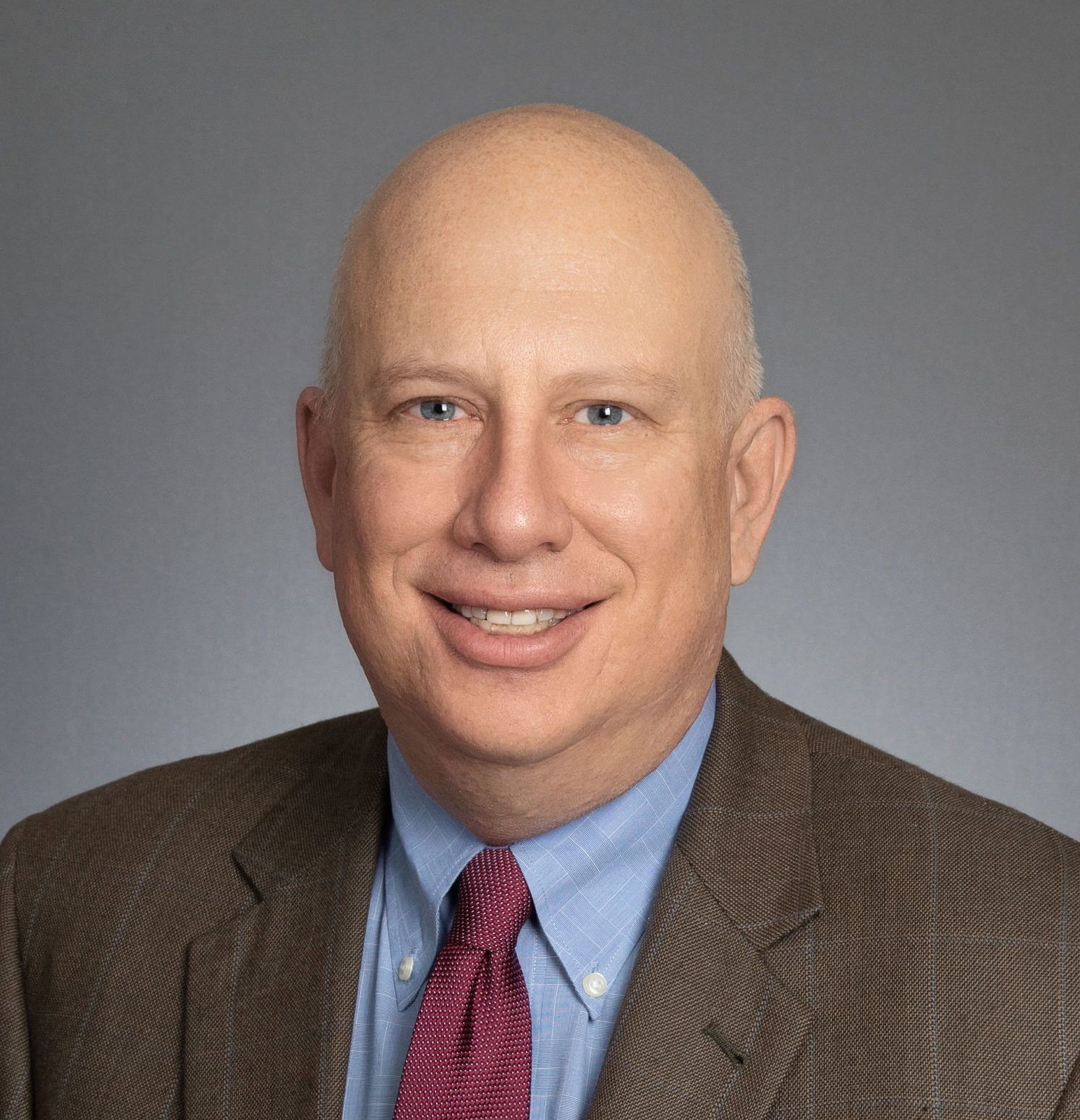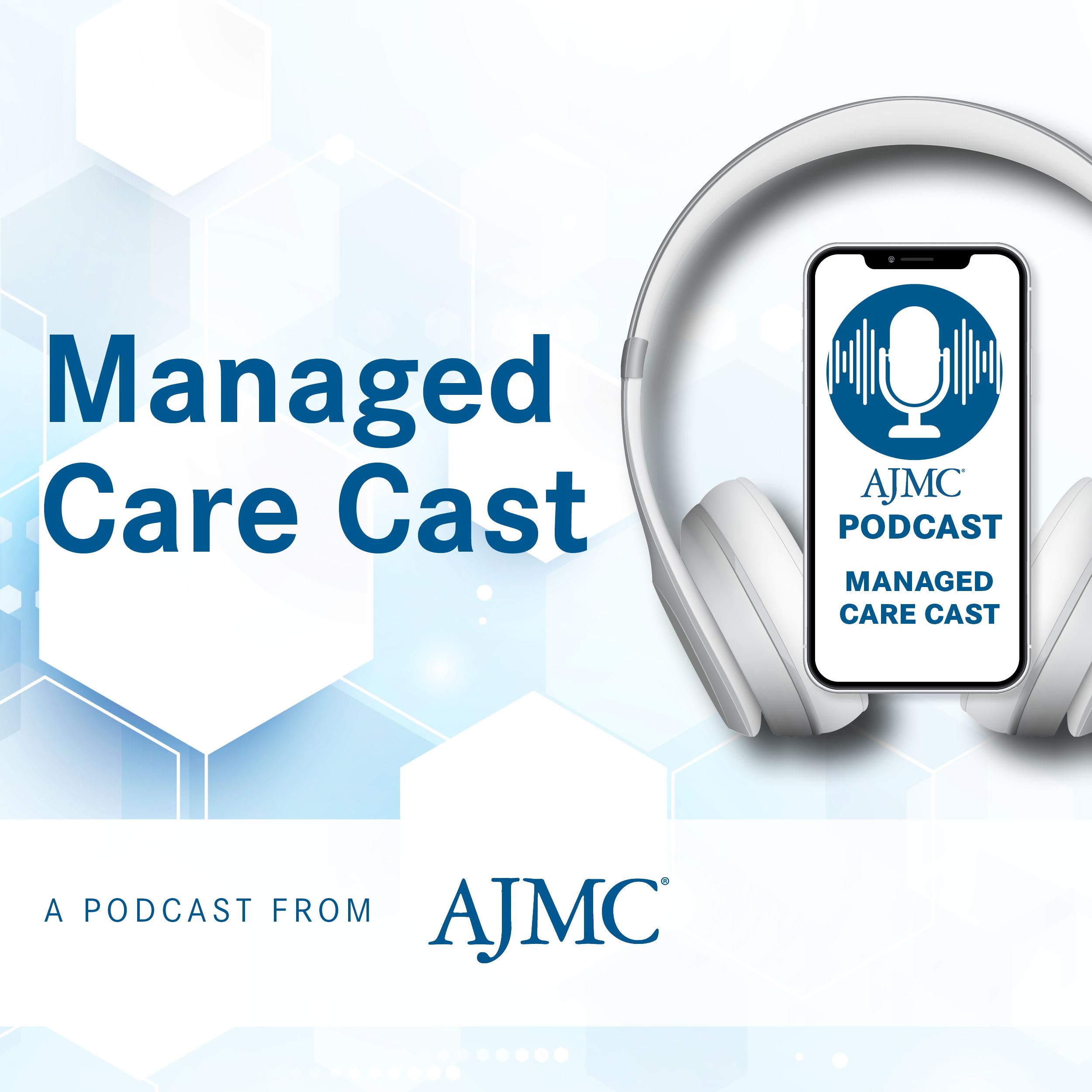News
Article
Scaling Value-Based Care: Addressing Systemic Issues With Innovative Payer-Provider Collaboration
Author(s):
The need for improved collaboration between payers and providers is key to successfully implementing value-based care initiatives that address patient needs, ensure measurable outcomes, and overcome challenges, according to panelists at the Community Oncology Alliance Payer Exchange Summit.
Better relationships between payers and providers will be key to developing successful value-based initiatives that benefit patients while addressing the concerns of both stakeholders, according to panelists at the Community Oncology Alliance (COA) Payer Exchange Summit.1
A 2019 SPH Analytics survey of over 80 providers and health plans found that 94% of respondents view collaboration between payers and providers as essential for success.2 | Image credit: BillionPhotos.com - stock.adobe.com

The panel discussion highlighted the ongoing challenges and opportunities for payers and providers to collaborate on innovative, data-driven value-based care models that address systemic issues, improve patient outcomes, and build sustainable partnerships.
The sentiment aligns with a 2019 survey by SPH Analytics. The survey included over 80 providers and health plans, and revealed that 94% of respondents believe collaboration between payers and providers is crucial for success.2 Many care partners shared specific strategies for improving their relationships to achieve value-based goals, such as delivering high-quality care, positive patient outcomes, and measurable cost savings. Furthermore, 72% of participants indicated they have already taken significant steps to enhance collaboration with other stakeholders in the care continuum.
The discussion then shifted to UnitedHealthcare's episodes of care program. Lucy Langer, MD, the national medical director for oncology and genomics at UnitedHealthcare, described the program's structure, which replaced drug margins with cost-based payments and shared savings with providers. Langer highlighted the program's initial success with large practices but noted challenges faced by smaller practices, especially in light of the COVID-19 pandemic and other factors, which ultimately led to the program's closure.
Bryan Loy, MD, MBA, corporate medical director, Humana, covered the Humana oncology model of care. Loy described various models in radiation, urological, and medical oncology, emphasizing the importance of solving practice-level problems with trust and infrastructure. He highlighted the challenges of explaining outcomes and the need for scalable initiatives with measurable results.
“At the end of the day, one person’s waste is another person’s revenue. So, if you’re going to try to figure out how to drive out this [wasted spending], you have to be very careful about unintended consequences,” he emphasized, underscoring "the complexity of addressing inefficiencies without creating new issues."
Loy stressed that without early alignment on goals, both leadership and providers can become disillusioned when results aren’t visible within a reasonable timeframe, leading to a potential breakdown of trust between the provider and patient. He also highlighted how the burden of infrastructure can exhaust providers, ultimately leading to burnout and reluctance to engage in future programs. To avoid this, it’s essential to establish simple, scalable, and measurable solutions from the outset.
On the topic of value-based care, Loy explained Humana's frustration with fee-for-service models and the need for senior leadership buy-in. He discussed the importance of managing risk and reducing total costs while ensuring quality care. When asked about patient experience and quality metrics, both Langer and Loy emphasized patient and provider satisfaction as key drivers in value-based care models. They discussed the difficulties in measuring the true impact of these initiatives on patient outcomes.
“The truth is that happy patients, or happy members, are largely a side effect of satisfied physicians because much of the member complaints that I hear about come from the physician saying, ‘Your health plan is terrible. Your health plan is blocking or preventing me from doing what I want to do without actually explaining the rationale behind it,’” she noted.
Addressing the challenges of building value-based programs, Langer stressed the importance of deep partnerships with providers, simple quality metrics, and internal stakeholder alignment. She acknowledged the complexity of attribution, especially for smaller practices. In exploring innovative solutions, Langer and Loy emphasized the value of open communication and novel partnerships to drive value-based care. They discussed how practices can collaborate with payers and legislators to address systemic issues and improve care delivery.
When moderator Lalan Wilfong, MD, senior vice president of value-based care at Thyme Care, raised the topic of concierge benefit managers and risk-bearing primary care physicians, Langer and Loy discussed potential opportunities and challenges. Langer stressed the importance of measurable outcomes, and Loy highlighted the need for equitable opportunities and evidence-based interventions.
The session concluded with audience questions about the complexity of value-based care programs, drug costs, and the role of fee-for-service models. Both panelists emphasized the importance of data-driven solutions and the need for ongoing collaboration to enhance care delivery.
References
1. Langer L, Loy B, Wilfong L. Payer perspectives on the complexity & challenges of value-based care. Presented at: COA Payer Exchange Summit; September 9-10, 2024; Reston, VA.
2. Parekh N, Savage S, Helwig A, et al. Physician satisfaction with health plans: results from a national survey. Am J Manag Care. 2019;25(7):e211-e218.
Newsletter
Stay ahead of policy, cost, and value—subscribe to AJMC for expert insights at the intersection of clinical care and health economics.





